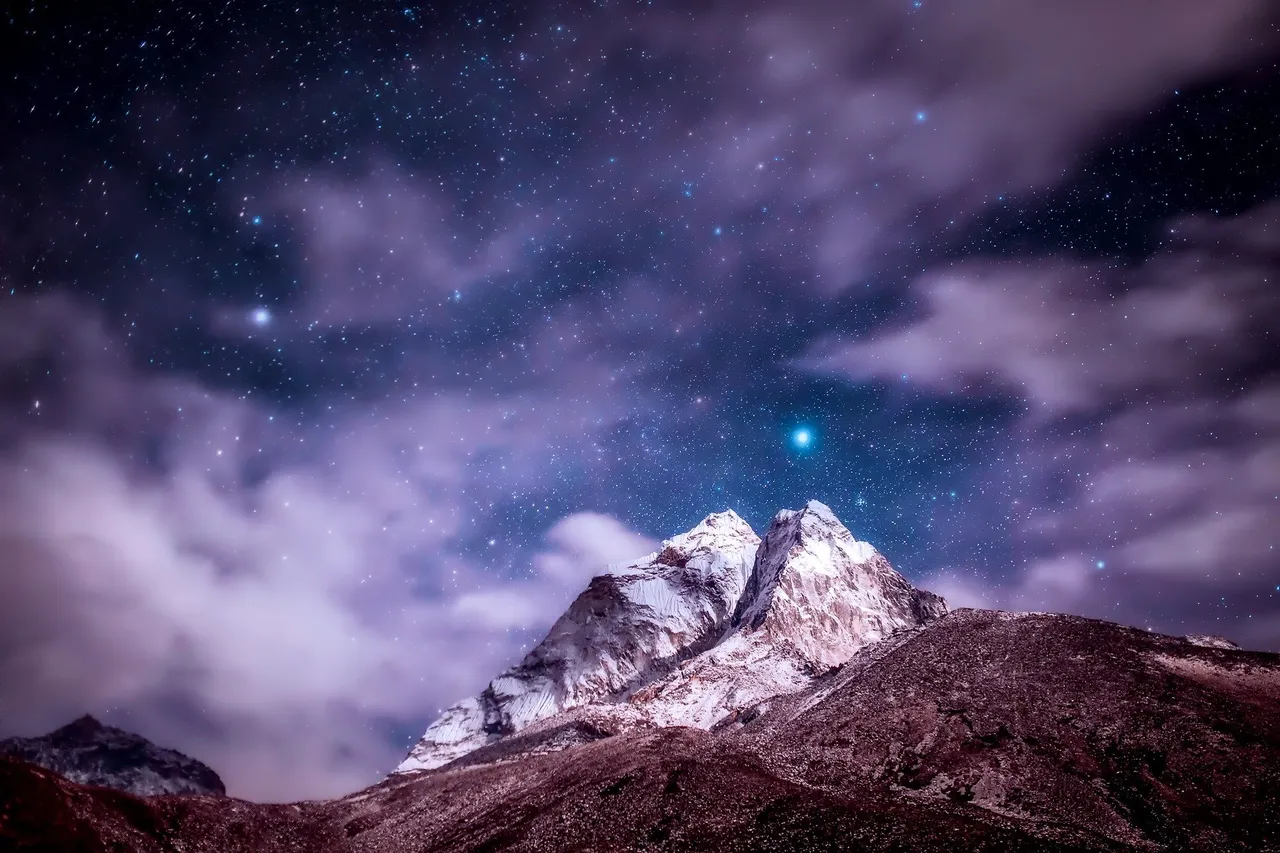
‘Facing the giant bees’ is a documentary about a few men in northwest Nepal collecting honey from the Apis laboriosa, also known as the Himalayan giant honey bee. Apis Laborisosa’s are the largest honey bees in the world, and each spring, the men of an unnamed village trek a part of the Himalayas to collect honey from these bees. In the spring where the documentary takes place, the lead honey collector has brought along his 14-year-old son, Moti, so he can learn to collect honey along with him and the rest of the men. For more than a month, the men live under a huge rock in the mountains, which shields them from the rain but not the wind.
They build a ladder out of collected bamboo and connect it to the mountain. One man at a time goes on the ladder and begins to get honey. They first smoke some of the bees’ hives, and then chip off a piece of their hive. That piece of the hive gets chipped into a basket, which is pulled up to the rest of the crew.
Once collected, the men squish the honeycomb to collect all of it’s honey. This honey collecting is practiced to make a profit, and because the collected honey has health benefits. Most of Moti’s friends did not want to become honey hunters, they wanted to travel abroad. Moti, however, wanted to become a honey hunter, so he was excited to get his chance to collect honey. That said, his first honey collecting was filled with mistakes.
For his first-ever trek, the men took him to a novice mountain that was not as high as other ledges. Still, it was a dangerous mountain, and Moti dropped a good piece of honey. His father managed to salvage the good piece of honey though, and the men took Moti’s mistake light-heartedly. Another time though, he got too overconfident from a past success, and almost slipped off the mountain. Then he dropped another good piece of honey, and he got stung in the eye. The men then gave him a good scolding about not getting angry and not pulling the rope, but besides that, they were easygoing about letting Moti make his mistakes, and they said they would help him learn along the way.
I liked this documentary, as it showed how Moti was not perfect, and made mistakes on his first ever honey collecting. I also like how I got to see how Moti and the others felt along the way, like how when asked if he was scared Moti said he wasn’t and then he told why. It made me feel like these people were relatable, or real, if this makes any sense, because you get to see how they feel and see what they do, whereas other documentaries tend to show when things are done right and everyone is usually scared of one dramaticized thing.